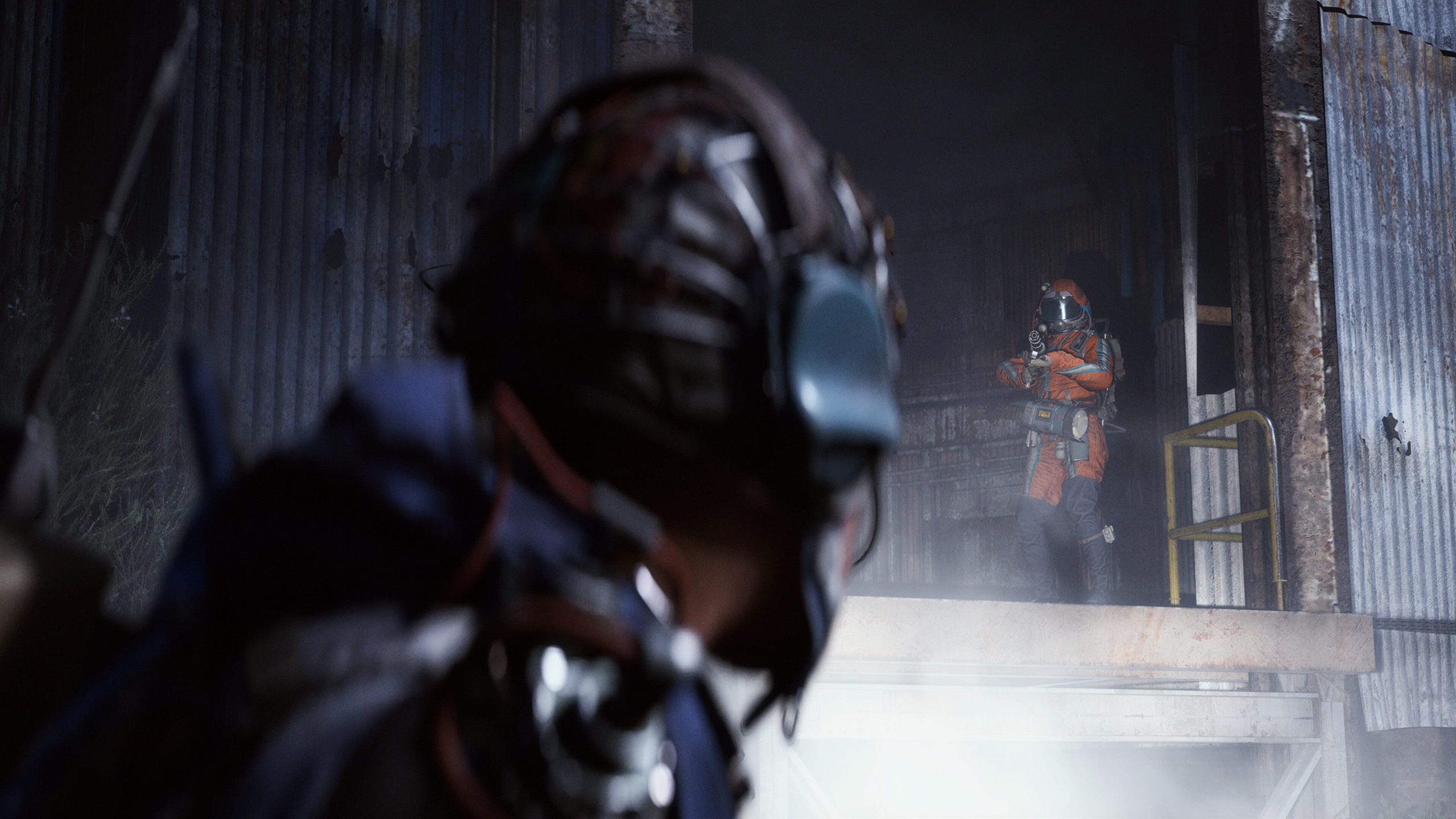I’m sitting inside a small storage room, neighbouring an elevator that’ll whisk me to safety and a massive payday. I’m cranking open one last storage locker before I head home, then bam: disaster. Another player sprints towards my location with murder in their heart and a bullet in the chamber. I turn around just as the door opens and we trade fire, each heavily injured and ducking behind cover.
At this point, something strange happens: We start chatting. I suggest we cease hostilities and my enemy reveals himself to be a younger British guy. He says no, and throws a grenade at me: negotiations are not going well. I close the door and slap a Door Blocker on it, sealing it from my side. Clueless, this guy tries again to push me, only to find his passage inside unsurmountable, meanwhile I’m healed up and ready for the counter attack.
This is one example of a tense bit of player-vs-player action I experienced over the weekend playing Arc Raiders during its server slam. It’s an exceptional anecdote, sure. Most encounters with other players were quick blasts of gunfire, ending with a sharp punch to the jaw, but you’ll be shocked at how much this social aspect adds to the game. I’d argue it’s core to the whole package.
Allow me to explain why. The extraction shooter genre is, to summarise its tone, a series of suffering simulators. They are by design unforgiving, harsh games to play. All your best loot can be taken on a challenging run, and with the wrong turn towards a better player, the vast majority of these hard-fought gains can be lost in a second. As such, your character’s life is one of survival at any costs, a bristling existence where you’ve got to watch your own back and do what you need to do.
